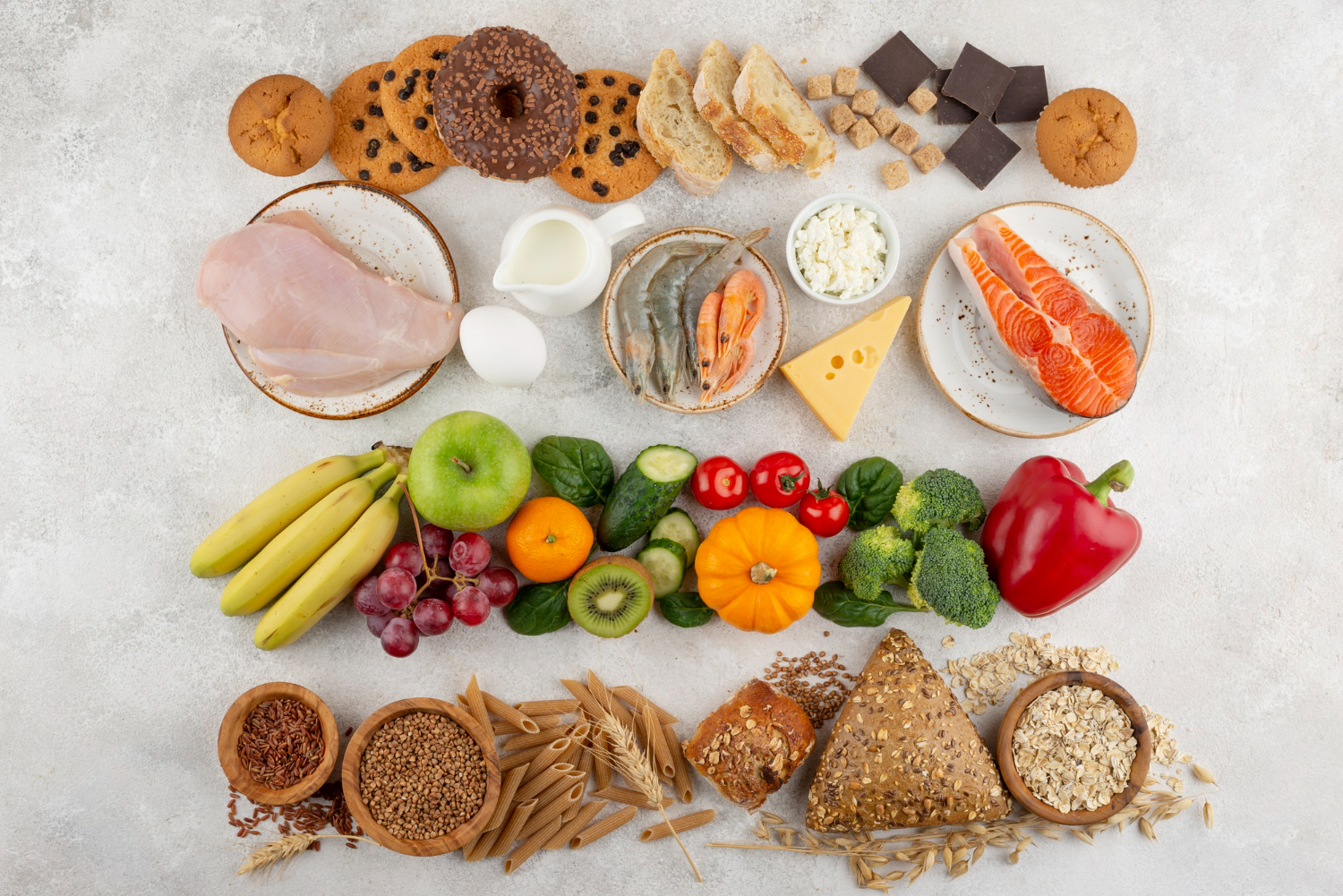Healthy Weight Loss Strategies: A Sustainable Approach to Shedding Pounds

Losing weight can feel like a daunting task, especially with all the fad diets and quick fixes promoted in the media. However, sustainable weight loss is not about starving yourself or following extreme routines. Instead, it’s about making smart, healthy choices that you can maintain for life. Here are some evidence-based strategies to help you lose weight in a healthy way.



1. Focus on Nutrient-Dense Foods
Instead of counting calories obsessively, shift your focus to eating nutrient-dense foods. These include whole grains, lean proteins, healthy fats, and plenty of fruits and vegetables. Such foods keep you full longer and provide essential nutrients that support metabolism and overall well-being.
2. Prioritize Protein and Fiber
Protein and fiber are two key nutrients that help control hunger and keep cravings at bay. High-protein foods such as chicken, fish, tofu, and legumes promote muscle maintenance and satiety. Fiber-rich foods like vegetables, fruits, nuts, and whole grains aid digestion and help regulate blood sugar levels.
3. Stay Hydrated
Drinking enough water is often overlooked but plays a crucial role in weight loss. Water helps flush out toxins, aids digestion, and can even prevent overeating, as thirst is sometimes mistaken for hunger. Aim for at least 8 glasses of water daily and opt for herbal teas or infused water for variety.
4. Practice Mindful Eating
Many people eat out of boredom, stress, or habit rather than true hunger. Mindful eating involves paying attention to your hunger cues, eating slowly, and savoring every bite. This practice helps prevent overeating and fosters a healthier relationship with food.
5. Incorporate Regular Physical Activity
Exercise is a key component of healthy weight loss. Find activities you enjoy, whether it’s walking, swimming, dancing, or weight training, and aim for at least 150 minutes of moderate-intensity exercise per week. Strength training is particularly beneficial as it helps build muscle, which boosts metabolism.
6. Get Sufficient Sleep
Lack of sleep can lead to weight gain by increasing cravings for unhealthy foods and disrupting hunger-regulating hormones. Aim for 7-9 hours of quality sleep each night to support weight loss efforts.
7. Manage Stress Levels
Chronic stress leads to higher cortisol levels, which can trigger fat storage, especially around the midsection. Incorporate stress-reducing activities like meditation, yoga, deep breathing, or hobbies you enjoy to keep your stress in check.
8. Set Realistic Goals
Healthy weight loss is a gradual process. Aiming to lose 1-2 pounds per week is a sustainable and achievable goal. Avoid crash diets and instead focus on long-term changes that fit your lifestyle.
9. Avoid Sugary and Processed Foods
Highly processed foods and sugary snacks contribute to weight gain and energy crashes. Opt for whole, unprocessed foods that provide steady energy and essential nutrients.
10. Stay Consistent and Patient
Weight loss is a journey, not a sprint. There will be ups and downs, but the key is consistency. Celebrate small victories, stay committed to your goals, and be patient with yourself.
By incorporating these healthy weight loss strategies into your routine, you can achieve your goals in a sustainable way. Remember, it’s not about perfection but about progress and balance. Choose habits that support your long-term health, and the results will follow naturally.
